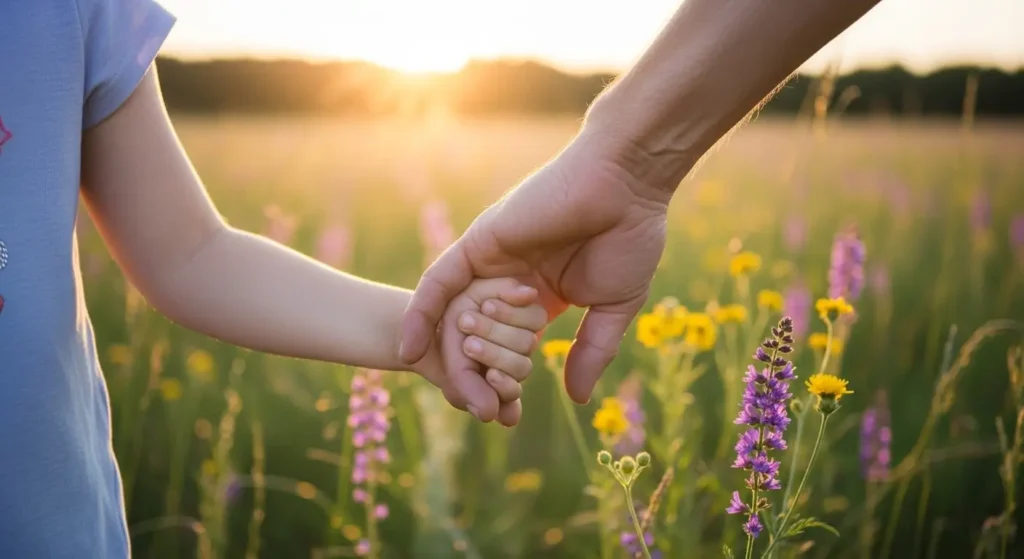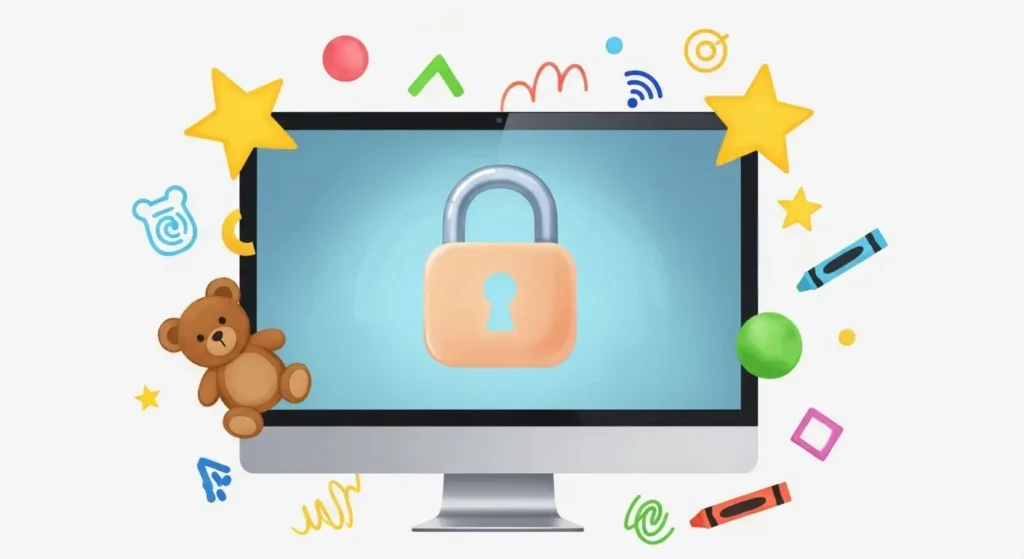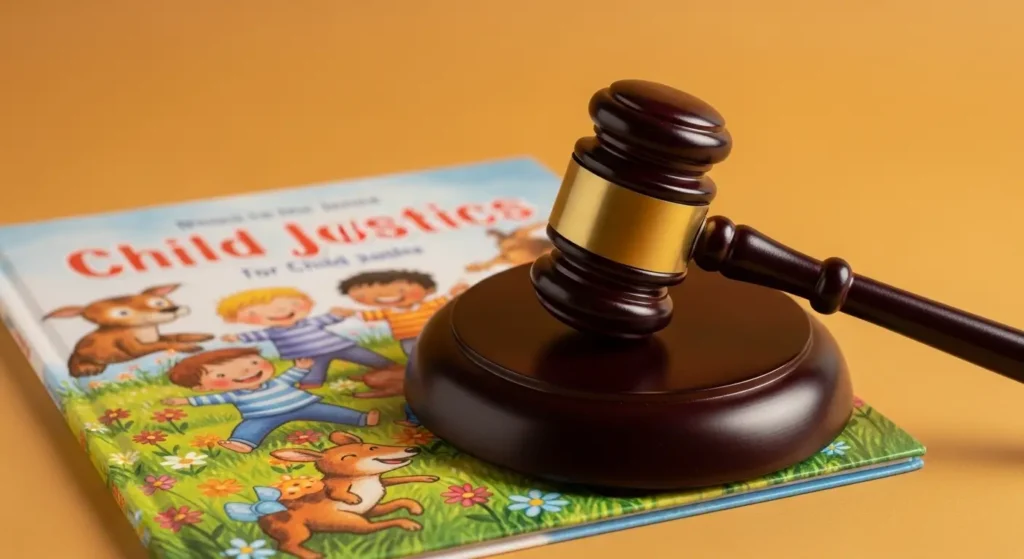Child sexual abuse sadly happens more often than most people think. This type of abuse can leave children feeling scared, ashamed, and confused. It can also create deep emotional wounds that may follow them for the rest of their lives.
However, knowledge is power. When we understand what child sexual abuse is, why it happens, and how to protect children, we can create safer environments for everyone.
If you need assistance or legal advice, please remember that a sexual abuse attorney can guide you. You do not have to face this alone.
What Is Child Sexual Abuse?

Child sexual abuse involves any sexual act between a minor (a child) and an adult or older, more powerful individual. It can include a variety of behaviors, some that do not involve physical contact.
For example, it is not always about physical touching or penetration. It can also mean showing a child sexual images, talking about sexual topics in a way that confuses or frightens them, or making them perform sexual acts.
Child sexual abuse can happen once or many times over a period of years. It can happen to boys or girls, young kids or teens. The main idea is that there is an abuse of power: the older person uses their position or influence to involve the child in sexual behavior.
It is important to remember that no child can truly give consent to sexual acts. They simply do not have the knowledge or power to do so, which is why any sexual contact with a child is considered abuse.
Why Is It Important to Know What Child Sexual Abuse Means?
Child sexual abuse can happen in many places: homes, schools, sports teams, or faith-based groups. Sometimes, people do not notice it or are not sure what counts as abuse. Knowing the definition is the first step in stopping it. If adults understand what child sexual abuse is, they can act more quickly to keep kids safe.
Often, kids might not speak up because they feel scared or believe no one will listen. By being aware, caring adults can spot the signs and help a child who is suffering.
What Are the Different Types of Child Sexual Abuse?
Child sexual abuse can take many forms:
- Physical sexual contact: Any touching of a child’s private parts, forcing a child to touch someone else’s private parts, or any type of sexual penetration.
- Non-contact abuse: This includes making a child watch sexual acts, exposing private parts to a child, or showing the child sexual pictures or videos.
- Sexual exploitation: Forcing or tricking a child to participate in sexual performances, take nude photos, or appear in sexual videos (commonly called child pornography).
- Online enticement: Using the internet or texting to pressure a child into sending sexual photos, videos, or meeting up for sexual acts.
Each of these forms can hurt a child physically, emotionally, and mentally. A child may not always show clear signs of this abuse, which is why awareness among adults is so important.
How Does the Law Treat Child Sexual Abuse?
In many places, child sexual abuse is considered one of the most serious crimes. Laws are often written to protect children from sexual predators, and penalties can be very high. These laws might mention phrases like “sexual misconduct,” “sexual exploitation,” or “lewd acts with a minor.” They often include rules about child pornography as well, considering it a form of sexual exploitation.
The law generally states that a child cannot legally say “yes” to sexual conduct, even if the child does not physically resist. That is because children lack the maturity and understanding needed to agree to anything sexual.
Anyone who engages in sexual acts with a minor can face criminal charges, lawsuits, and possibly prison time. If you have questions or suspect a child is in danger, a sexual abuse attorney can explain how these laws might apply to your situation.
What Are Warning Signs That a Child Is Being Sexually Abused?
Every child reacts differently to abuse, and not all children show the same signs. However, there are some common red flags.
A child who is being sexually abused might:
- Start acting out in ways that are not normal for them, like sudden angry outbursts or extreme fear of certain people or places.
- Have nightmares, trouble sleeping, or start wetting the bed again.
- Avoid activities they once enjoyed or friends they used to love seeing.
- Show sudden interest in sexual topics or use adult sexual language or knowledge that seems too advanced for their age.
- Have changes in appetite (eating too much or too little) and changes in mood, such as becoming very withdrawn or depressed.
- Complaints of physical discomfort, like pain or itching in the private areas.
These signs can point to many issues, not just sexual abuse. However, if a child shows more than one, or if something just feels “off,” it might be time to ask gentle questions or seek professional help. Talking to a counselor, pediatrician, or a sexual abuse attorney can help you figure out what to do next.
Children Cannot Consent to Sexual Acts
Children (especially young ones) do not have the knowledge or emotional maturity to agree to sexual acts, no matter what the abuser says. Some abusers claim the child “wanted it” or that the child was “acting older than their age.” However, the law sees children as unable to consent because they are not capable of fully understanding what it means. The adult is always responsible.
If an adult engages in sexual behavior with a minor, it is abuse, regardless of what the child says or does. The power difference is too big. Adults are supposed to protect children, not exploit them.
Is Online Grooming Also Child Sexual Abuse?

Yes. The internet has opened new doors for abusers to target children. Some adults use social media, chat rooms, or games to contact kids, earn their trust, and later exploit them. This is often called “grooming.” They might send friendly messages at first, then move to asking for photos or private video chats. If a child meets them in person, it can lead to physical abuse.
Even if they never meet face-to-face, asking a child to send sexual pictures or engage in sexual talk is a form of abuse. Parents and guardians should monitor what kids do online and teach them about internet safety—like never giving personal details to strangers, never sharing sexual images, and telling a trusted adult if someone online acts in a weird or pushy way.
How Common Is Child Sexual Abuse?
It is more common than many people realize. Official statistics differ, but many experts agree that around 1 in 5 girls and 1 in 20 boys experience some form of sexual abuse before they turn 18.
Because children often stay silent out of fear, shame, or confusion, a lot of cases never get reported. This means the real numbers could be even higher. Knowing this is important, not to scare people, but to remind us that child sexual abuse can happen anywhere. We must remain watchful and ready to take action if something seems wrong.
How Can Child Sexual Abuse Affect Kids Long-Term?
Child sexual abuse can impact the way a kid feels about themselves and the world for a long time. It can lead to:
- Emotional challenges: Depression, anxiety, nightmares, low self-esteem, or trust issues.
- Behavioral problems: Acting out in school, running away, self-harm, or using drugs or alcohol to cope.
- Relationship difficulties: Trouble forming healthy friendships or romantic partnerships because they fear being hurt again.
- Mental health concerns: Post-Traumatic Stress Disorder (PTSD), suicidal thoughts, or other serious conditions.
While these sexual abuse effects can be painful, many survivors do find ways to heal and rebuild their lives. Therapy, support groups, and legal steps can all help. The earlier the abuse is recognized and stopped, the better chance a child has to recover fully.
What If I Suspect a Child Is Being Abused?
If you suspect child sexual abuse, you may feel nervous about what to do. However, protecting a child is more important than worrying about making a mistake.
If a child is in immediate danger, call emergency services. Otherwise, many places have a child protective hotline you can call to report your concerns. You do not need to have proof; a reasonable suspicion is often enough to start an investigation.
If you are a “mandatory reporter” (like a teacher, doctor, or counselor), you are legally required to report suspected abuse. Remember, the goal is not to accuse someone unfairly, but to let professionals investigate. If the child truly is safe, no harm is done. If they are not safe, your call could save them from further harm.
Does Every Case of Child Sexual Abuse Go to Court?
Not all. Sometimes, the authorities decide there is not enough evidence to file criminal charges. The child may still be placed in a safer environment if protective services find the living situation unsafe. In other cases, the abuser might reach a plea deal. Some families also choose to file a civil lawsuit, seeking money for therapy or other damages.
A sexual abuse attorney can help you understand these options. They may advise you on whether a civil case makes sense, especially if the criminal system does not lead to the outcome you believe is fair. Either way, the child’s safety and emotional well-being should stay the top priority.
Can a Sexual Abuse Attorney Help?

Yes. A child sexual abuse attorney is someone who can:
- Offer advice on whether you have grounds for a legal claim if you or your child is the victim.
- Represent you in court or negotiate a settlement so you can cover therapy, medical bills, or other costs.
- Guide you through protective orders, ensuring the abuser stays away.
- Help you communicate with law enforcement or other agencies involved.
This is especially helpful if the abuser or the organization they work for tries to deny or hide what happened. An attorney can hold them accountable. Generally the individual abuser does not have the money to support the claim, however the organization or institution does. Speaking with a sex abuse lawyer does not mean you have to sue. It just helps you understand your rights and next steps.
Will I Have Confidentiality If I Contact a Sexual Abuse Lawyer?
Attorneys generally must keep your information private. This is called attorney-client privilege.
Even if you are just meeting for the first time, an attorney can explain how confidentiality works. They can also advise whether you should file a police report, how to talk to protective services, or what steps to take if the abuser is part of a larger institution (like a school or a church).
Some people worry that contacting an attorney makes things “too serious,” but child sexual abuse is already very serious. A sex abuse lawyer can shield you from confusion, legal traps, or intimidation.
Where Can I Get Help for a Child in Need?
There are multiple ways to seek help if you suspect or know that a child is experiencing sexual abuse:
- Call a child abuse hotline.
- Contact local authorities, such as the police or social services.
- Reach out to a trained counselor or a victims’ advocacy center.
- Talk to a sexual abuse attorney who can guide you through protective orders or legal claims.
- Seek medical care if there is a chance of injury or emotional distress.
You might feel overwhelmed or uncertain, but remember: you do not have to figure this out alone. Professionals handle cases of child sexual abuse every day. They understand how to protect children and will take your concerns seriously.
Reach Out to a Sexual Abuse Attorney for Advice
If you or someone you love suspects child sexual abuse, do not wait to seek help. Reach out to a sexual abuse attorney for advice about protecting a child’s rights and safety. Reporting suspected abuse could save a child from further harm and help them get the support they need to heal.
You are not alone in this fight. Professionals, counselors, and caring people are ready to stand with you. Remember: children deserve our protection, and your voice can make a powerful difference.